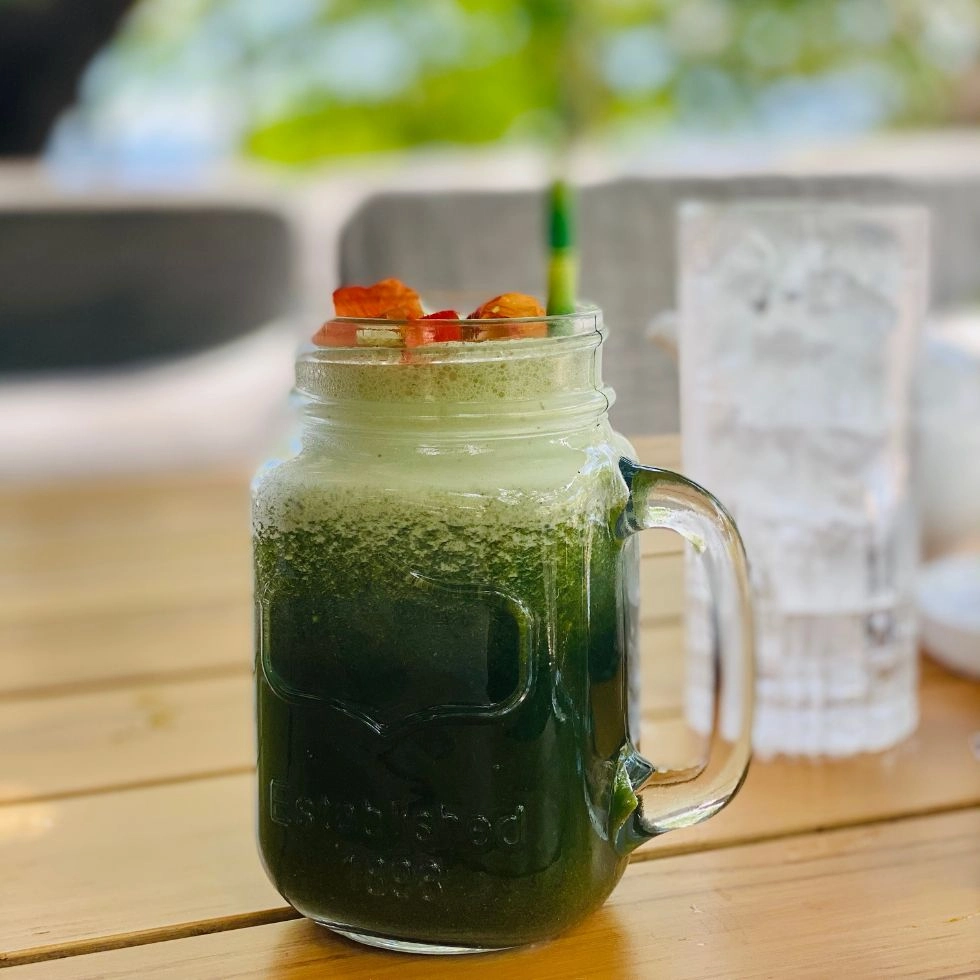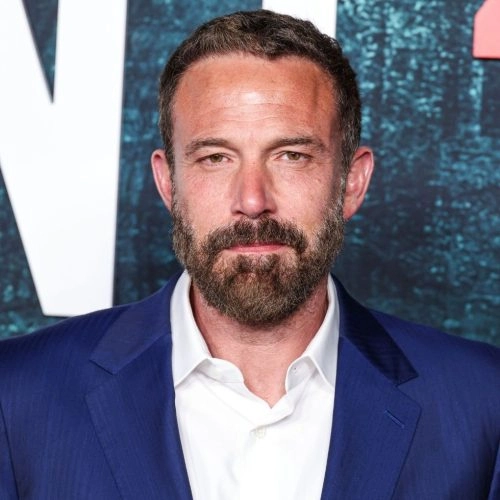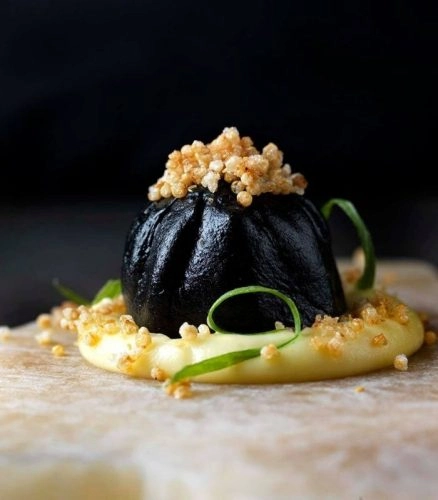It may seem counterintuitive to talk about intermittent fasting when we’re all about to feast, but this may just save your health and waistline this holiday. Top cardiologist Dr. Suzanne Steinbaum gives us the inside scoop on how you can eat almost anything you want this holiday with this lifestyle technique.
Advice from a Top Cardiologist
Years ago when Founder Christine Drinan embarked on a path of wellness, one of her first stops was with one of the top cardiologists in New York City, Dr. Suzanne Steinbaum. Dr. Suzanne led the Women’s Cardiovascular Prevention, Health, and Wellness Cardiology department at Mount Sinai before going into her own private practice.
Galavante: Thank you so much Dr. Suzanne for sitting down with us as we’re about to enter into the holiday season. Especially living in New York, many of us are on a rigorous circuit of dinners and drinks, starting with the big Thanksgiving meal. The weight comes on for many people this time of year. Do you have any tips for us?
Dr. Suzanne: It’s so nice to be back with you at Galavante since my last interview about Staying Healthy on Planes during the pandemic. Thank goodness we are in a different place today.
However, the pandemic hit everyone hard, but women hardest of all. Women’s heart health has been neglected for generations despite statistics that prove that the threat is real. You’ve come to the right place because heart health is our path to wellness. Check out The Future of Women and Heart Disease in a Pandemic Era: Let’s Learn from the Past to learn more too.
Everything is integrated into your mental and physical health, so first, get yourself in the right mindset as you enter the holidays. Try not to stress; stress actually creates more issues for you and can cause weight gain. So start by consciously looking at your wellness from a fresh perspective. For example instead of saying, “I need to lose weight”, think of it as, “I’d like to be my healthiest self.” That includes not only how you eat, but how you choose to move, sleep, hydrate, and manage your stress.
The shift in perspective will already get you in the right frame of mind to a healthier self while enjoying the holidays. With that said, food is a big part of health, but as we know the holidays are filled with lots of temptations to deviate from a healthy diet. That’s why intermittent fasting can be a good technique not only for the holidays but as part of your wellness plan.
Galavante: So what is intermittent fasting?
Dr. Suzanne: Intermittent fasting is an eating pattern that alternates between periods of eating and fasting. Unlike traditional diets that focus on what to eat, intermittent fasting primarily focuses on when to eat. This approach doesn’t prescribe specific foods but instead emphasizes the timing of meals. There are several popular methods of intermittent fasting, each with its own unique structure. One of the more common intermittent fasting plans is fasting for 16 hours and eating for 8.
Galavante: Is intermittent fasting a good strategy for the holidays for weight maintenance? (Or even weight loss)
Dr. Suzanne: In general, yes, intermittent fasting during the holidays is a good idea. The primary idea behind intermittent fasting is to create a period of time during which the body can focus on processes like repair and regeneration, as opposed to constantly processing food. When the body is in a fasting state, it depletes its glycogen stores and starts using stored fat for energy. This results in several possible outcomes. Research suggests that intermittent fasting may offer several health benefits, including:
- Weight Loss: Intermittent fasting can help reduce calorie intake and promote weight loss by creating a calorie deficit. (As long as you don’t binge on your eating days!)
- Improved Metabolism: Some studies suggest that intermittent fasting may enhance metabolic health by improving insulin sensitivity and reducing inflammation. This can improve the metabolism of sugars and could be beneficial for people with Type 2 diabetes or insulin resistance.
- Cellular Repair: Fasting periods may stimulate autophagy, a process where the body removes damaged cells and regenerates new, healthy ones.
- Brain Health: There is some evidence to suggest that intermittent fasting may have neuroprotective effects and support brain health. As the body metabolizes the fat stores, ketones are created. These ketones have been shown to be beneficial for dementia and Alzheimer’s.
Galavante: Who should and shouldn’t consider intermittent fasting?
Dr. Suzanne: It’s important to note that while intermittent fasting can be beneficial for many, it may not be suitable for everyone. Individuals with certain medical conditions, pregnant or breastfeeding women, and those with a history of eating disorders should consult with a healthcare professional. Additionally, it’s crucial to focus on nutrient-dense foods during eating windows to ensure the body receives essential vitamins and minerals. I know you said before that you can eat almost anything you want on Intermittent Fasting diets, but you should still eat healthy. You’ll get the best long-term results. And, for those who don’t eat healthy on their eating times, the outcomes are not as good.
Galavante: Thank you, Dr. Suzanne, you always set us straight. Before we put this into practice, do you have any other pieces of wisdom?
Dr. Suzanne: In your wellness this holiday season and beyond, integrate movement, nourishment, and walking, decrease sugars in your diet, get support in the community and from your friends and family, and sleep 7 hours a night. These pillars are the foundation. Holidays are often stressful and challenging for so many reasons. Figure out your “health plan” before the holidays begin so you can maintain health throughout. You have to start somewhere, and this is all doable. So let’s just do it.
Galavante: Wise words always Dr. Suzanne. Thank you for getting us on the right course this holiday.
For additional heart-healthy tips, you can go to Dr. Suzanne’s Adesso platform to learn more.
Other Articles You’ll Like
Where to Get Your Wellness On
An Interview with Sakara Founder Danielle Duboise
The New SHA Mexico








































































